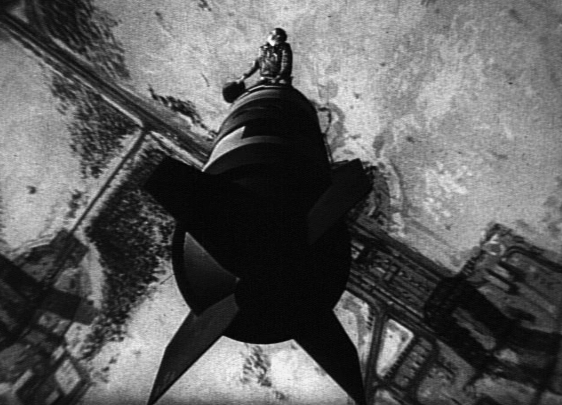Here's the abstract:
Dr. Strangelove continues to be one of the most acclaimed comedic films of all-time, often appearing on critics’ lists enumerating great films. Likewise, international relations experts commonly view the film as a “no brainer” choice among the most essential IR-themed movies. Dan Lindley’s 2001 Teaching Guide to Dr. Strangelove offers the standard rationale for studying this film. It can be “a springboard to discuss deterrence, mutually assured destruction, preemption, the security dilemma, arms races, relative versus absolute gains concerns, Cold War misperceptions and paranoia, and civil–military relations.” This paper considers critical theoretical concerns raised in the film that Lindley and others overlook. First, the film’s narrative is scripted as a satire or black comedy rather than as a tragedy or romance. This is a meaningful choice that strongly influences the way the film should be understood. Second, as film critic Tony Macklin argued decades ago (1964), the film can be viewed as a sex allegory, a dominant theme that has typically been ignored. Even director Stanley Kubrick acknowledged the film’s “sexual framework.” What does the film’s “Wargasm” imply about international relations and nuclear strategy?
Visit this blog's homepage.
For 140 character IR and foreign policy talk, follow me on twitter.
Or for basketball, baseball, movies or other stuff, follow this personal twitter account.


No comments:
Post a Comment